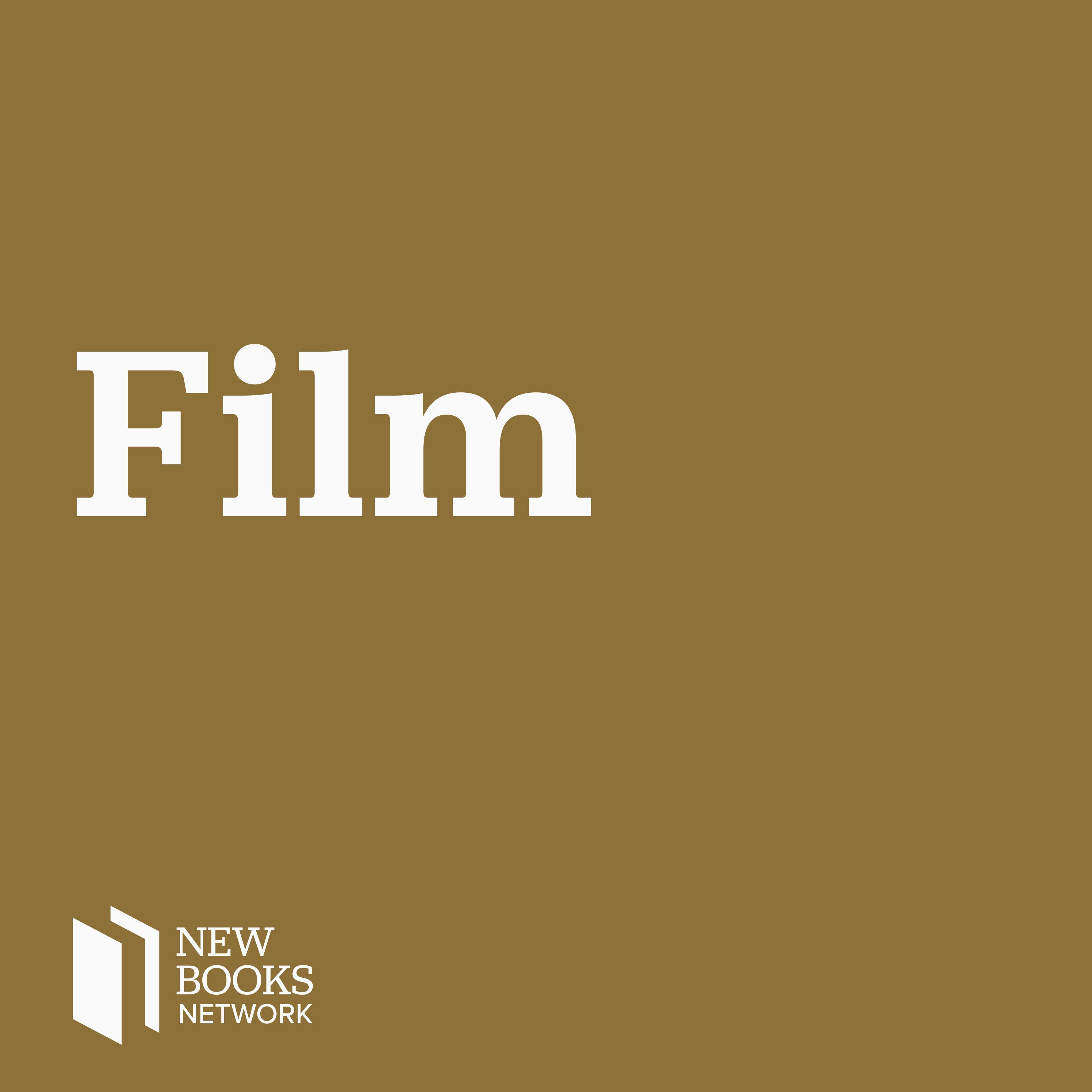Woojeong Joo, "Cinema of Ozu Yasujiro: Histories of the Everyday" (Edinburgh UP, 2017)
Description
One of the most well regarded of non-Western film directors, responsible for acknowledged classics like Tokyo Story (1953), Ozu Yasujiro worked during a period of immense turbulence for Japan and its population. In The Cinema of Ozu Yasujiro: Histories of the Everyday (Edinburgh University Press, 2017), Woojeong Joo offers a new interpretation of Ozu's career, from his earliest work in the 1920s up to his death in 1963, focusing on Ozu's depiction of the everyday life and experiences of ordinary Japanese people during a time of depression, war and economic resurgence. Firmly situating him within the context of the Japanese film industry, Woojeong Joo examines Ozu's work as a studio director and his relation to sound cinema, and looks in-depth at his wartime experiences and his adaptation to post-war Japanese society. Drawing on Japanese materials not previously examined in western scholarship, this is a ground-breaking new study of a master of cinema.
In this interview, I asked Woojeong a series of questions concerning the operative notion of the "everyday" in the works of Ozu. It seems that the ordinary and oft-repetitive experience of the "present" enabled Ozu to create a space in which one could resist the nationalistic dictum of the "Japanese spirit" in 1930–40s Japan. Despite the fact that there is a certain continuity between his pre-war and post-war works (just like the works of the Kyoto School philosophers that the book cites), and despite the limitations Ozu's works inherently contain for a contemporary audience, his films are saturated with acute social commentaries, and offer insight into the emergence of different social "everday"s in modern Japan. Woojeong's interpretation of "feminity" in the works of Ozu also demonstrates his cross-cultural and cross-generational sensitivity, which is necessary for understanding the significance of "femininity" in the wider intellectual and historical context of feminist philosophy and Gender studies.
I ended with a question about Ozu's signature technique of the "low height" angle. Is there anything that we should know about this distinct technique? What did Ozu intend to achieve with this peculiar viewpoint? Woojeong's informed answer, just like this book, will no doubt make us feel like watching the Ozu films again.
Woojeong Joo received his PhD degree from University of Warwick. He has worked at the University of East Anglia as a postdoctoral research assistant for the AHRC-funded project "Manga to Movies" and is currently teaching in the Japan-in-Asia Cultural Studies Program at Nagoya University, Japan.
Takeshi Morisato is philosopher and sometimes academic. I specialize in comparative and Japanese philosophy but I am also interested in making Japan and philosophy accessible to a wider audience.
Learn more about your ad choices. Visit megaphone.fm/adchoices
More Episodes
Hobson’s Choice (1954) is the perfect example of a very specific genre: the capitalist romance. Filled with a Dickensian love of humanity and featuring one of Charles Laughton’s best performances, it’s a perfect film about a deeply complicated topic: what makes the world go round and how...
Published 05/06/24
Herman J. (1897–1953) and Joseph L. Mankiewicz (1909–1993) wrote, produced, and directed over 150 pictures. With Orson Welles, Herman wrote the screenplay for Citizen Kane and shared the picture’s only Academy Award. Joe earned the second pair of his four Oscars for writing and directing All...
Published 05/05/24
The astonishing behind-the-scenes story of the 1963 film Cleopatra and how it changed the face of Hollywood makes it one of the most fabled films of all time.
Starring Elizabeth Taylor and Richard Burton, the film’s making soon became a cautionary tale, for the lavish extravagance of production...
Published 05/04/24


